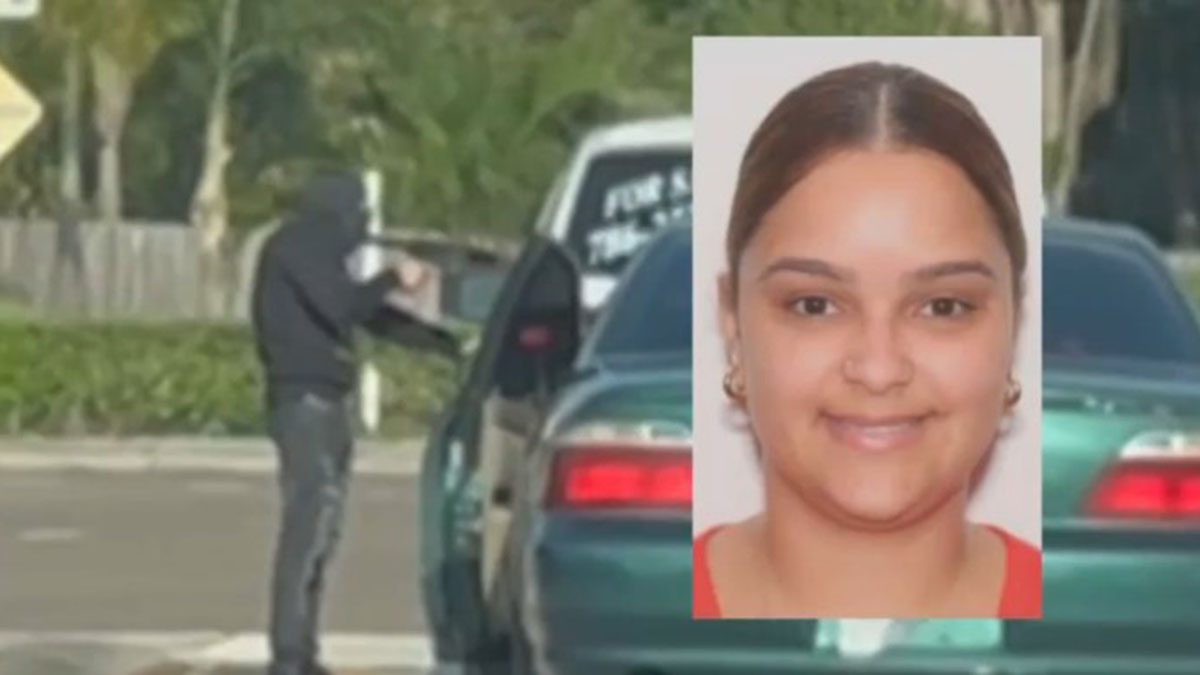The federal seizure of struggling Florida thrift BankUnited FSB is expected to cost the Federal Deposit Insurance Corp. $4.9 billion, representing the second-largest hit to the FDIC's insurance fund since the financial crisis began felling banks last year.
The costliest was last year's seizure of California lender IndyMac Bank, on which the bank insurance fund is estimated to have lost $10.7 billion.
The Office of Thrift Supervision, a Treasury Department agency, said Thursday that BankUnited FSB reported $1.2 billion in losses last year as defaults on loans piled up. The thrift "was critically undercapitalized and in an unsafe condition to conduct business," the agency said in a statement.
Coral Gables, Fla.-based BankUnited FSB is the 34th federally insured institution to be closed this year, and the biggest. Florida's largest banking institution with about $13 billion in assets as of May 2 was sold for $900 million to an investor group led by former North Fork Bancorp Chairman and CEO John Kanas. It will reopen as a newly chartered savings bank called BankUnited on Friday, with Kanas at the helm.
The investor group includes several prominent firms: the Blackstone Group, the Carlyle Group, Centerbridge Partners and WL Ross & Co., the private-equity firm run by billionaire investor Wilbur Ross.
The new bank will assume $12.7 billion in assets and $8.3 billion of its total $8.6 billion in deposits. In addition, the FDIC and the new bank agreed to share losses on about $10.7 billion in assets.
Deposits will be insured by the FDIC, and customers can continue to use BankUnited FSB checks, ATM cards and debit cards, the FDIC said.
Local
The failed bank's parent was BankUnited Financial Corp. It had 1,083 employees and 85 branches, all in Florida, mostly located along the state's southeast coast.
The 34 bank failures this year in the U.S. compare with 25 in 2008 and just three in 2007. As the economy nationwide has soured, amid rising unemployment, tumbling home prices and soaring loan defaults, bank failures have cascaded and sapped billions out of the deposit insurance fund. According to the most recent data available, the fund now stands at its lowest level in nearly a quarter-century -- $18.9 billion as of Dec. 31, compared with $52.4 billion at the end of 2007.
The FDIC expects that bank failures will cost the insurance fund around $65 billion through 2013.
The FDIC has planned to impose a new emergency fee on U.S. banks to replenish the fund. Legislation passed by Congress this week boosts the FDIC's authority to borrow from the Treasury Department if needed from $30 billion to $100 billion, allowing the agency to reduce the amount of the insurance fees.
The failure of IndyMac, which had $32 billion in assets, was the second-largest last year, trailing only the September collapse of Washington Mutual Inc.



